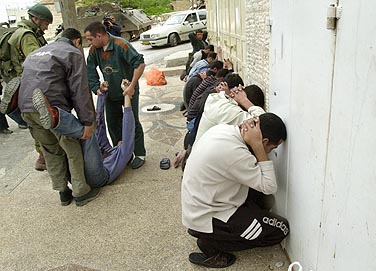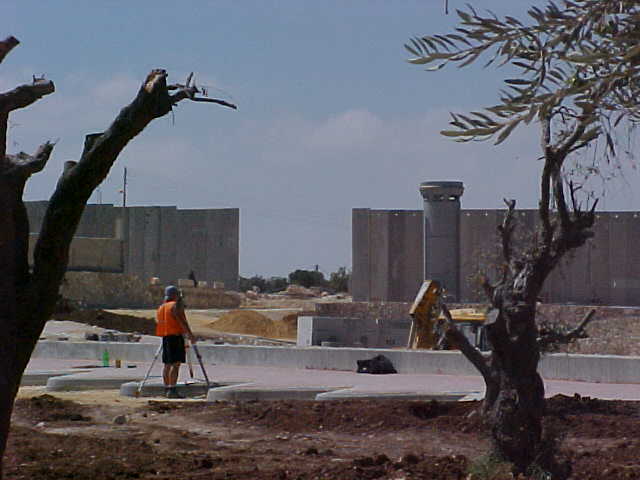I'm a vegetarian, and I love tofu. But the only tofu I can get in Palestine comes from East Jerusalem and is in a can, which is completely unappetizing to me. There are health food stores in West Jerusalem where I can find fresh tofu, but the problem is I boycott the Israeli economy in as much as is possible. Yesterday in Tel Aviv I was hanging out with an Israeli who lives in the city. He is vegan. And I told him how much I miss tofu, so he directed me to a store down the street where I can buy tofu. I told him I can't because I boycott Israeli products and stores. He reminded me of what I know all too well: it's impossible. Not simply because I was in Israel itself, but because there is a deeply entrenched occupation that controls the products on Palestinian shelves. In East Jerusalem--legally Palestine--one cannot find the most basic Palestinian products like water. In Ramallah I can but the majority of products are Israeli and those that aren't still have to go through Israel to get to us, which means ultimately that the Israeli economy benefits. Nonetheless I believe whole-heartedly that we who live in Palestine should do our best to support the Palestinian economy and not the Israeli one. It just doesn't make sense to fund the occupation. And while it is so challenging to boycott Israeli products here because they are sometimes the only option, outside of Palestine and Israel it is much much easier. I hope that people around the world join in the growing BDS movement and use their buying power to fight injustice and apartheid. Here's a list of companies who support Israel. I hope it helps you start daily demanding justice in this simple but vital way:








